
Whether you are a freelancer, contractor, or another type of self-employed person, knowing how to prepare and file your taxes is an important part of being successful. Here are some tips to help you file taxes the right way.
This comprehensive guide provides everything you need to know about taxes when you are self-employed. Covering topics from filing taxes to understanding deductions, this book is an essential resource for anyone interested in learning about taxes for the self-employed.
Self-employed what do I need to know
First of all, keep accurate records of everything that takes place in your business so that you can accurately reflect any changes or discrepancies. This includes financial data (such as income and expenses), sales reports, correspondence between employees and customers/clients, etc.
Furthermore, be sure to set regular goals for yourself and chart progress tracking each step along the way. And finally, don’t forget about marketing! Whether it’s developing new products or selling existing ones via ads or elsewhere online; effective marketing is essential for success in any business endeavor.
Self-employed income tax obligations
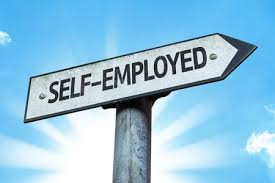
Whether you’re a sole proprietor or a freelance contractor, you’ll need to pay Uncle Sam’s dues. Self-employed business owners’ tax obligations can be confusing, but with a little planning and a little help, they’re not so bad.
The IRS offers a variety of tools to help you estimate your self-employed tax obligations. For example, you can use a calculator to estimate the amount of estimated taxes you’ll owe in a given quarter. And you can use the Electronic Federal Tax Payment System to make payments.
In addition to filing an annual tax return, self-employed individuals need to make quarterly estimated tax payments. Failure to make estimated payments may lead to penalties and interest. The IRS has a helpful website on this subject.
Self-employed business owners individuals can also claim half of their Medicare tax as a deduction. If you have a home office, you can deduct some expenses related to it. These include property taxes, utilities, rent, and office supplies. If you have an internet business, you can deduct expenses for your business’s website.
You’ll need to keep accurate records of your business’s income and expenses. Keeping a monthly profit and loss statement can make tax filing easier.
What is self-employment tax?
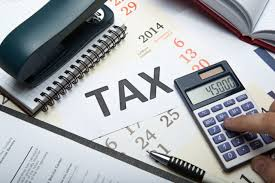
Basically, the self-employment tax is a tax that is required to be paid by self-employed individuals. It is similar to the Social Security and Medicare taxes that are withheld by employers from employees’ paychecks.
Being self-employed means people have the opportunity to write off personal tax deductions, which is another tax break. But, you should know that you are still responsible for paying federal and state taxes.
The self-employment tax can be a bit confusing to figure out. It’s best to consult a tax professional if you have questions about your specific situation. The tax may be due at different times throughout the year.
You can make estimated payments throughout the year if you don’t owe more than $1,000 in self-employment taxes. But, if you owe more than that, you will need to pay by filing an IRS Form 1040.
The IRS’s Schedule C calculates the self-employment tax you owe, using your net earnings. You can also deduct business expenses from your net earnings. These deductions include business expenses such as internet and phone bills. You can also deduct expenses such as continuing education and investments that support your business.
The basics for filing self-employment taxes
Using a free online tool like TaxAct Self-Employed, you can easily estimate and report your self-employment income. You can import your personal information and business data, then export it to your tax software to prepare your taxes.
Self-employment is a great way to pursue your passion and earn income. However, it’s important to be aware of how much tax you’ll have to pay. If you’re self-employed, you’ll need to pay self-employment tax, which is similar to Social Security and Medicare taxes.
The tax is a flat 15.3% rate and applies to anyone earning more than the income threshold. This includes freelancers, independent contractors, and small businesses. The income threshold is adjusted annually to reflect inflation.

Self-employed individuals must file an income tax return every year. They must also pay quarterly estimated taxes if they expect to owe more than $1,000 in self-employment taxes. If you do not pay the quarterly taxes, you may be subject to a tax penalty.
Self-employment taxes can be a confusing and expensive process. It’s a good idea to work with an accountant to ensure that you file your taxes on time and accurately. A professional can also help you get the most tax benefits possible.
How to calculate your self-employment tax
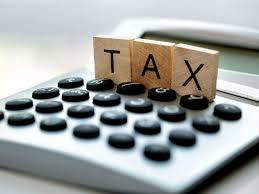
Having a basic understanding of how to calculate your self-employment tax can help you file your taxes more effectively. You can do this by knowing the right calculations, which include the net profit and tax rate.
There are many tax deductions to consider, such as continuing education or home office equipment. These deductions may help you reduce your taxable profit.
The IRS has an easy-to-use tax calculator to help you estimate how much self-employment tax you will have to pay. The calculator will take your net profit, subtract your business expenses, and multiply your taxable income by the tax rate. This is the most accurate way to calculate self-employment tax.
The IRS also provides Form 1040-ES, which is designed to help you make estimated tax payments quarterly. This form breaks your tax bill into four equal payments, which can reduce your fees, back taxes, and penalties. The IRS also provides vouchers for making tax payments.
For those who have a net income of less than $400 per month, there is no tax on self-employment income. Self-employed individuals are responsible for 15.3 percent of Social Security and Medicare taxes. However, you can deduct half of this tax from your income tax return.
How to file your taxes
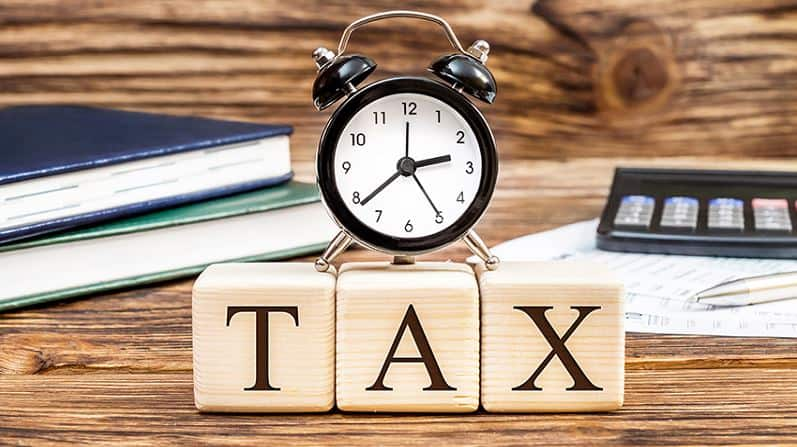
Having a self-employed business can be a great way to make a living, but it comes with its own set of financial challenges. You need to plan for your cash flow throughout the year and make sure you are paying the right taxes.
If you are new to filing taxes, it can be difficult to know where to start. A tax professional or accountant can help you navigate your way through the process.
If you are a sole proprietor, you must report your income on Form 1040. If you are an independent contractor, you must report your income on Schedule C.
You can estimate your self-employment tax using free tools. You can also use paid software to help you file. A professional can also help you figure out your tax rate and deductions.
If you expect to owe more than $1,000 in self-employment taxes, you will need to file quarterly estimated tax payments. The IRS will send you vouchers that you can use to make estimated tax payments. If you miss a payment, you may have to pay penalties or interest.
Tax deductions and tax credits
Whether you are an entrepreneur or a small business owner, you need to be aware of the tax deductions and tax credits available to you. They can drastically reduce your tax liability.
For example, you can deduct the cost of your business phone plan. This plan includes your business phone calls and a portion of your personal phone bill.
In addition, you can deduct subscriptions to trade journals, subscriptions to professional organizations, and digital subscription services. Also, you can deduct your business insurance premiums. You can also write off long-term care insurance premiums.
The amount you can deduct is determined by your filing status and tax bracket. Almost everyone is eligible for a standard tax deduction. You can also claim the qualified business income deduction, also known as the QBI deduction.
The best way to find out what deductions you can claim is to consult a tax professional. You can also use tax software to simplify the process and find out what the tax rates are. You can also transfer the information from your last year’s tax return to your new one.
Being prepared come tax season
Getting prepared for tax season can be fun, but it’s also a chore. To make it a little easier on yourself, try a little forward-thinking. For instance, start putting together the tax forms early, in the early part of the year.
Also, consider having a tax professional do the legwork for you. This is especially true if you’re a small business owner.
A good tax advisor can save you a lot of time, hassle and money. The good news is that you can take advantage of their expertise year round. If you’re small business owners, make sure to keep track of all your business expenses year round. This will save you from having to do it all over again come tax season.
There are many ways to go about getting ready for tax season, from using an online tool such as TurboTax to hiring a professional. A tax professional will save you time and money while ensuring that your tax filings are filed correctly and on time. If you’re looking to save some dough, consider signing up for a free tax preparation service.
Self-employment tax FAQs
What kinds of jobs are exempt from paying the self-employment tax?
Generally, any job that you perform for yourself is considered self-employment and therefore subject to the self-employment tax. This includes jobs such as freelancing, gig work, contracting work, and temping.
However, there are a few exceptions that allow you to avoid paying this tax. These include businesses with fewer than five employees who have their income taxed at the micro level rather than the standard corporate rate of 35%. Furthermore, certain services provided through an online marketplace are also exempt from taxation (e.g., Airbnb).
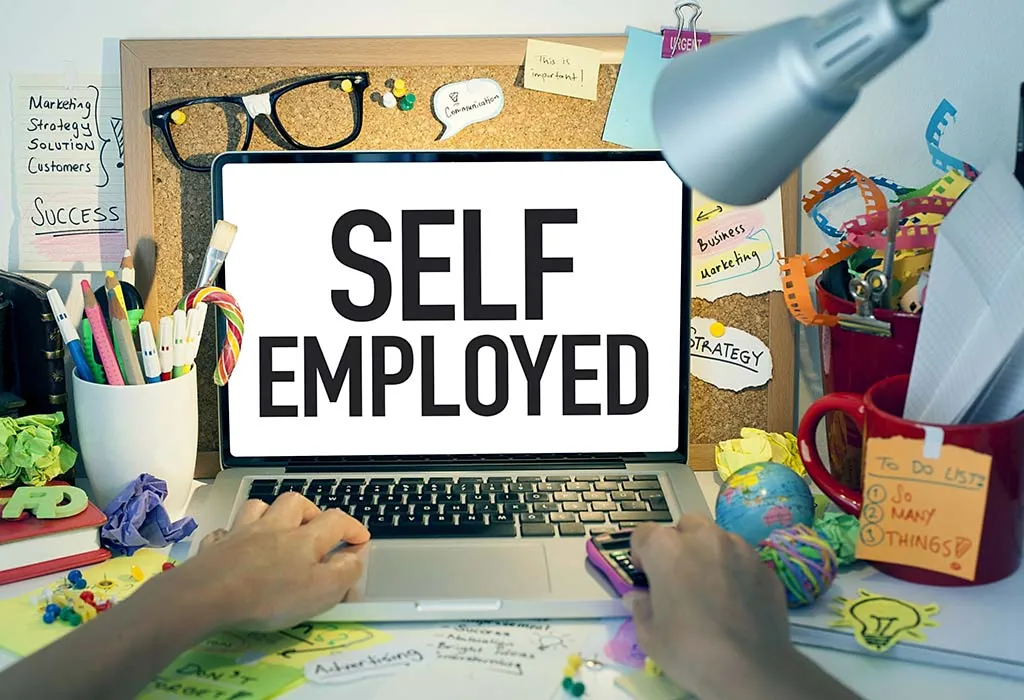
Keep in mind that these exemptions may change over time so it’s important to check with your accountant or Tax Professional regularly on updates if you are interested in avoiding paying this tax.
Do self-employed people pay higher taxes?
There is no one-size-fits-all answer to this question since the taxation of self-employed people can vary greatly depending on their income and tax bracket. However, generally speaking, self-employed people are likely to have higher taxes than those who work for a traditional company.
One reason for this is that businesses taxed at the corporate level (as opposed to the individual level) are usually required to pay more in taxes due to their elevated levels of profit or sales.
Additionally, most self-employed individuals use personal deductions such as medical expenses and charitable donations which can lead them into higher tax brackets.
Remarks!
In conclusion, sole proprietorship individuals have the responsibility to pay taxes on their income. It is important to keep track of all receipts, invoices, and other documents related to your business activities. Understanding the various tax deductions available to you can help you save money.
Additionally, it is important to consult with a financial advisor or accountant when filing taxes as a self-employed individual. By doing so, you can ensure that all forms are accurately filled out and submitted in a timely manner.